3. Planting trees
In China, the official Tree-Planting Day (or Arbor Day) falls on March 12, but the best time to plant trees is actually during the Qingming Festival, as it is warmer and the spring rainfall is more frequent. This means the trees that are planted during Qingming are more likely to survive.
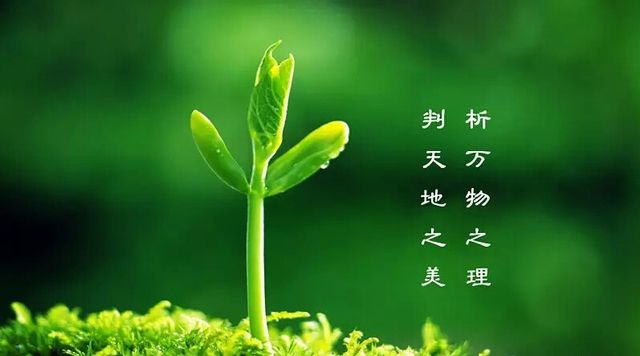
4. Flying kites
Flying kites is one of the most popular activities during the Qingming Festival. It is not only a favorite game, but is also believed to ward off evil spirits. Kites were called Paper Eagles in the Qing Dynasty (1644–1911 AD). After paying respect to the deceased at their grave sites, people wrote the disasters and illnesses they wished to be eliminated on a Paper Eagle. When it had flown far away, the string was cut, meaning that the evil spirits would fade away in the wind.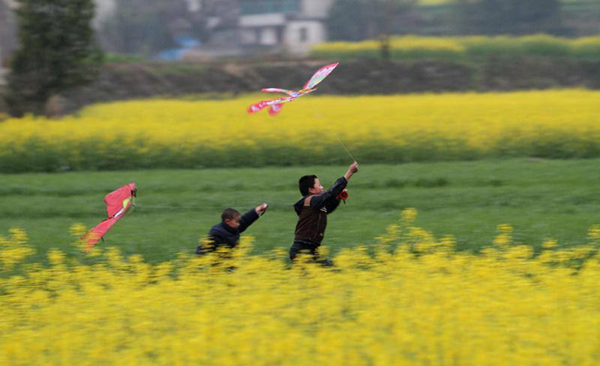
More:
Places to fly kites during Qingming
http://english.eastday.com/Shanghai/u1ai8592801.html
5. Riding on swings
Riding on swings is a recreation whose popularity can be dated back to the Northern and Southern Dynasties (420-589 AD) and spread widely across China from the Tang Dynasty (618-907 AD). Hence, the Qingming Festival was also called the Swing Festival in ancient China. Swinging was originally a game intended for women and girls only, but was later enjoyed by all. According to folk customs, swinging can be a treatment for various illnesses and the higher one swings, the better his or her life will be.
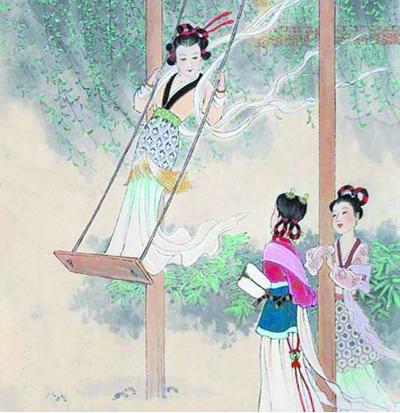
6. Having cold food
The day before Tomb Sweeping Day was called the Cold Food Festival, and was celebrated in commemoration of the loyal Jie Zitui. Over time, it has been customary for Chinese people to eat cold food on the Cold Food Festival and during Qingming Festival. Traditional cold food includes the famous Qingtuan (sweet green glutinous rice ball), peach blossom porridge and Qingming cakes.
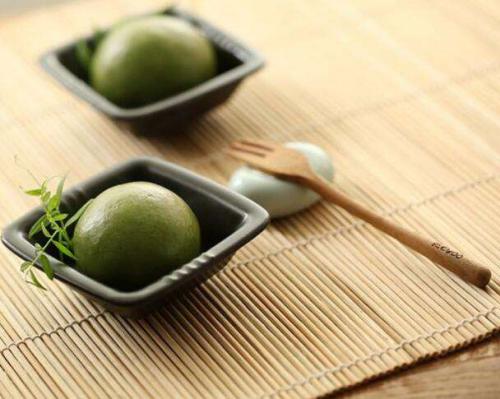
World intangible cultural heritage
The ancient Chinese people, before adopting the Gregorian calendar, divided a year into 24 parts marked with 24 solar term days, also called jieqi in Chinese. The solar terms are strictly based on the position of the sun in the zodiac, indicating seasonal changes to guide agricultural affairs and farming activities as well as other aspects of human life.
The 24 Chinese Solar Terms were added to the world intangible cultural heritage list on 11 November 2016 duringthe 11th session of UNESCO’s Intergovernmental Committee forthe Safeguarding ofIntangible Cultural Heritages.
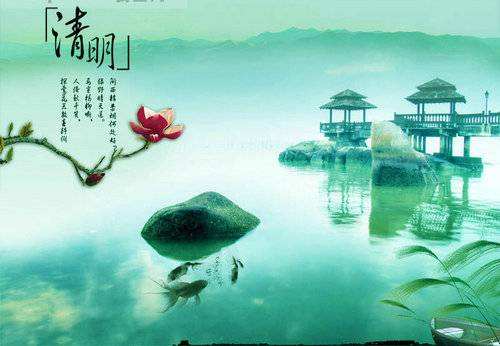
Qingming, literally Clear and Bright, is the fifth solar term whose first day is the traditional Chinese festival, Tomb-Sweeping Day. Qingming has also been regularly observed as a statutory public holiday in Taiwan, Hong Kong and Macau. The words “clear” and “bright” describe the weather during this period, when temperatures begin to rise and rainfall increases, denoting the best time for plowing and sowing as well as for people to go for a spring outing.
More:
The time has come to enjoy qingtuan
http://english.eastday.com/Life/Dining/u1ai8590042.html
